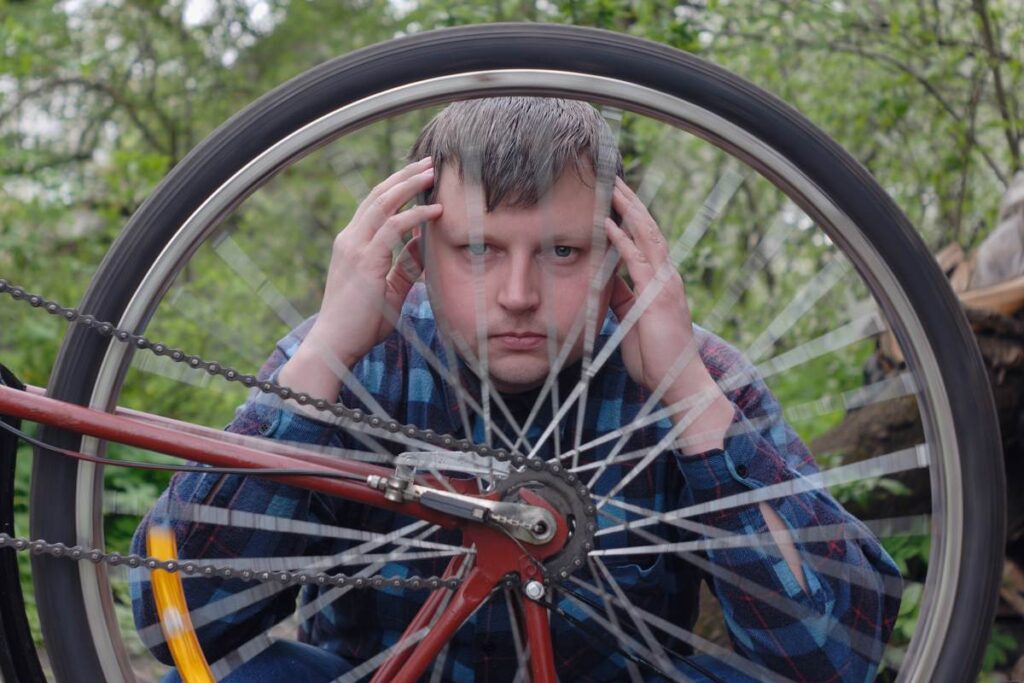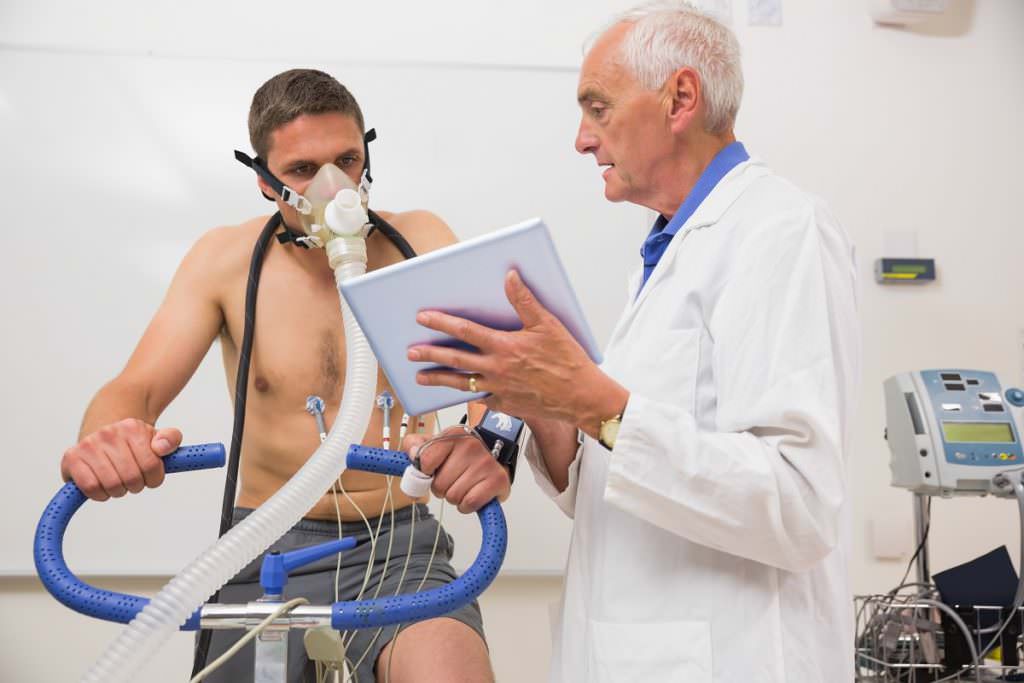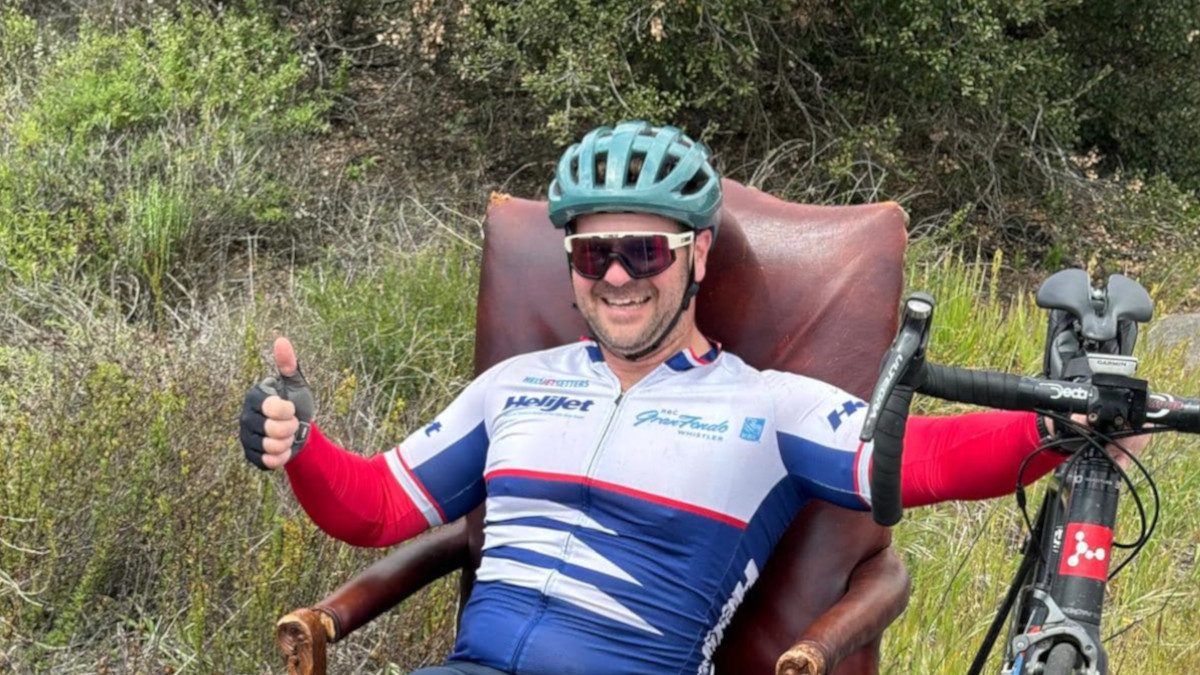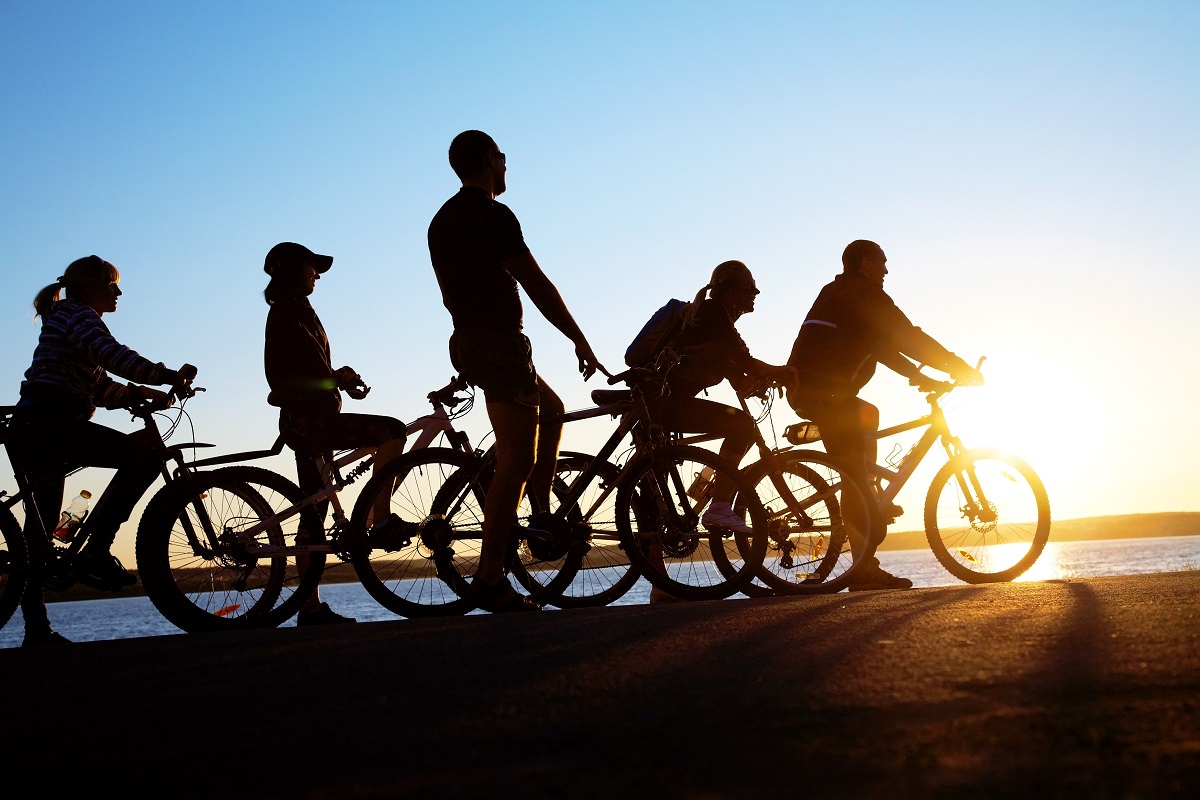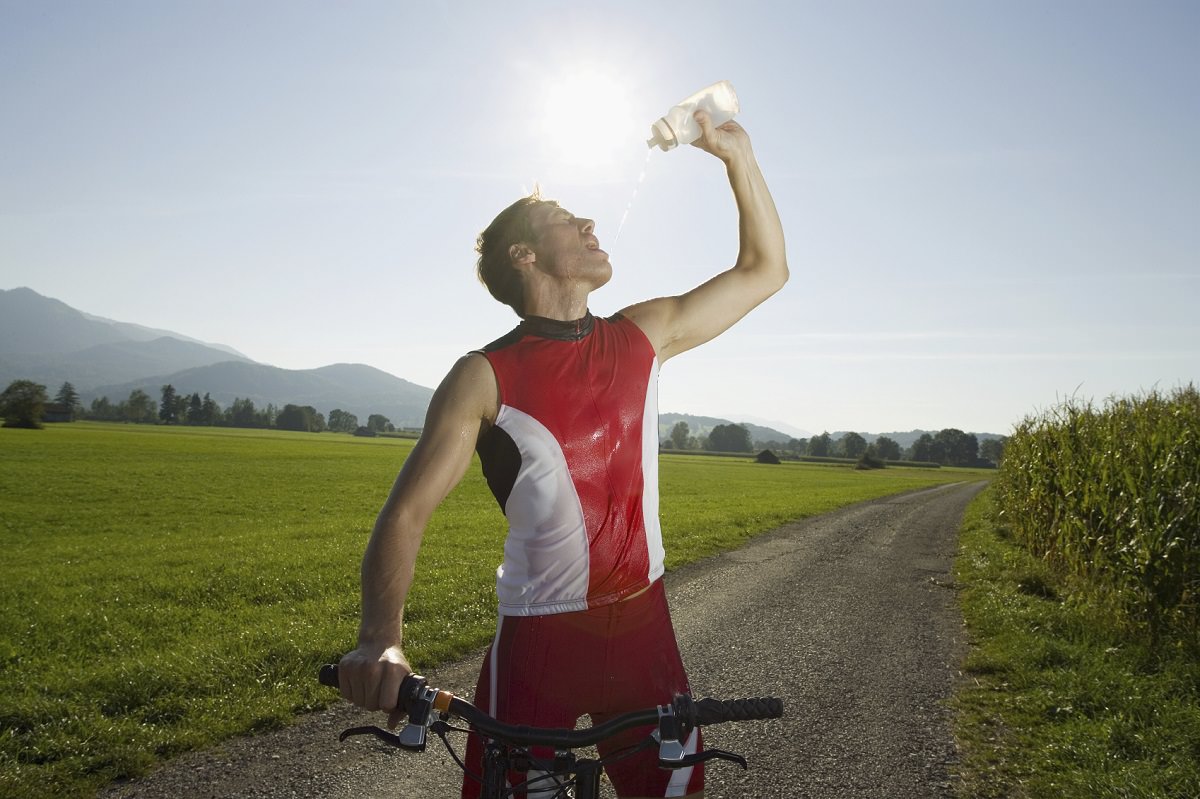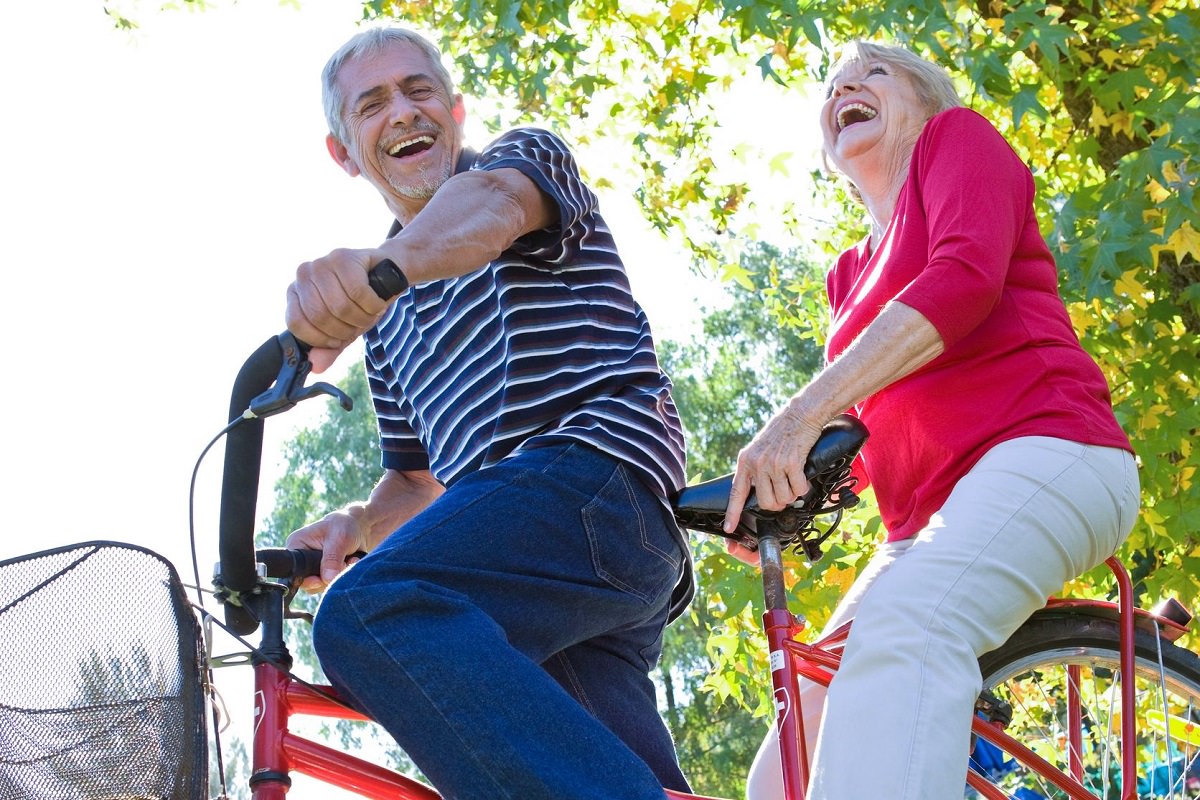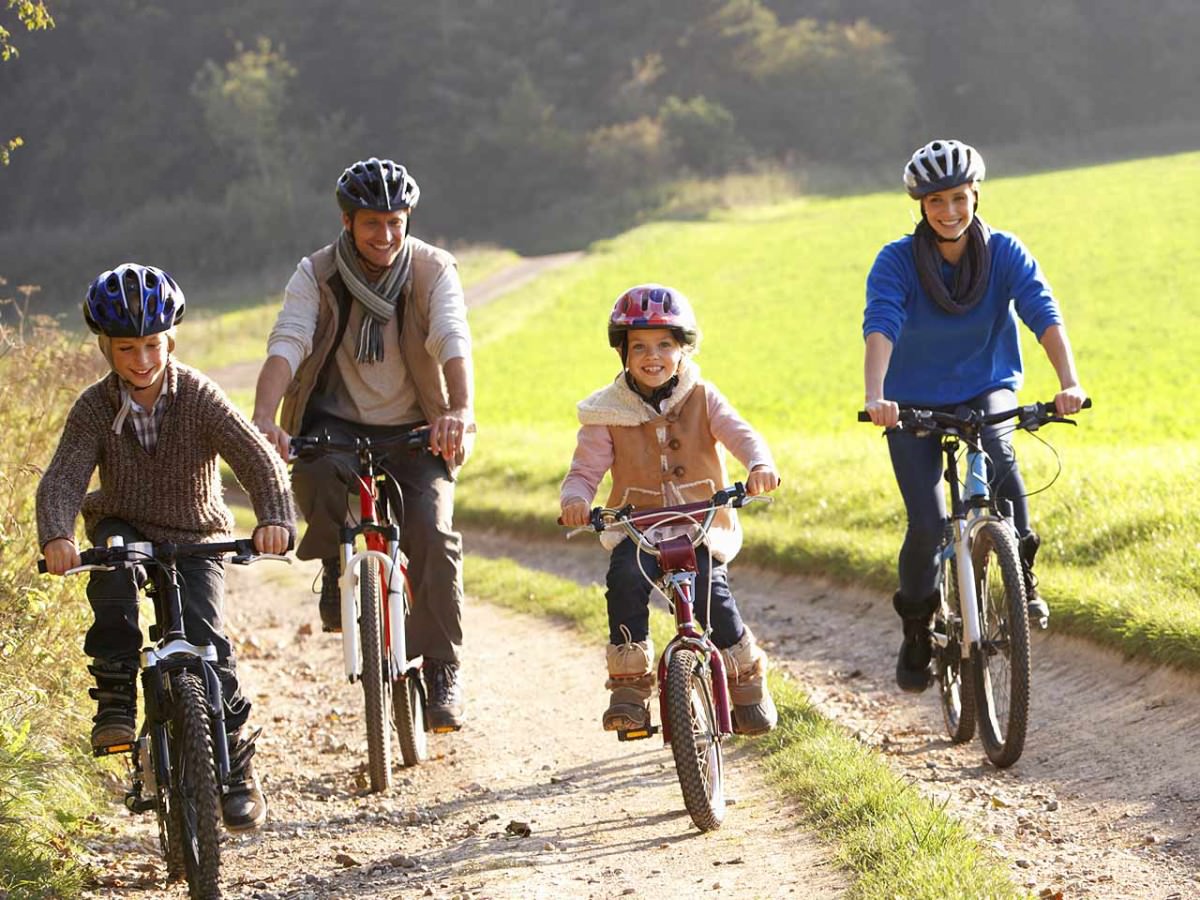It is no secret that exercise has health benefits too numerous to recount. Aerobic exercise can extend your life, help you lose weight, and fight depression all at the same time. There is something about raising your heart rate and sweating a bit that works to heal a person’s body and ward off physical and mental diseases.
But did you know that it also makes you smarter? Aerobic exercise, including cycling, enlarges portions of your brain that improve cognition and memory. According to a study, cycling increases the serotonin levels which triggers different emotions. It is also proved in Very Well Mind:
Serotonin’s influence on mood makes it one of several brain chemicals that are integral to your overall sense of well-being […] Serotonin’s effect on mood is also why it’s often a target of medications that are used to treat depression, anxiety, and other mood disorders
So you see, the next time you grab your handlebars you are feeding your brain.
It’s a Matter of Gray and White
Let’s take a peek at the brain. It is not quite a muscle. It is a unique organ like a muscle and the most superior of all. Although your heart is pretty high up on the list, without a brain, that autonomic function would cease. Your top spot thinker has the consistency of warm butter and while it cannot be flexed like a bicep. It can become stronger and even larger in places responsible for learning and processing information. See, it’s made up of grey matter and white matter.
That white matter is where all the action takes place. The more of it the faster the processing speed and less ‘dropped’ messages your communication center sends and receives. According to a recent study in the Netherlands, aerobic exercise like cycling increases the density of white matter.
The Science Behind Cycling
When you exercise aerobically, two things happen to the brain. As your legs pump faster, your heart pumps faster and harder. This circulates more blood. With more blood being carried to the brain, vascular function is improved. With vascular function improved, cognitive performance is enhanced and those pesky memory problems we face as we age become farther and fewer in between. But cycling isn’t just for aging adults.
Children at an elementary school were also studied and the results were amazing. Children who exercised had easier times learning and thereby scored better on their tests than children who lived more sedentary lives.
It goes even deeper than that. Exercise releases chemicals throughout our bodies. It’s why we feel so good after a workout. There is a particular one that when it passes to the brain a new chemical is activated. That chemical is like neuro-gold. It’s called brain-derived neurotrophic factor (BDNF) and it is the growth specialist that does its work in the white matter.
Without this essential protein, people will begin to forget things more often and even have trouble learning new things. Ever wonder why scientists say that exercise prevents Alzheimer’s disease? It’s all about the BDNF. It not only helps boost existing neurons it creates new ones.
With increased oxygen nourishing brain cells and the BDNF protein creating new ones, cycling improves your health and makes you smarter! To make the most of your cycling, add various inclines and paces. Change up your route and even find new paths to pedal. This helps the brain to make new connections by adding diversity to your routine. It activates the reward center in the brain. Just be sure to wear protective bike gear, especially when trying new routes and difficulties.
There are more chances to be caught off guard. Even the simple act of balancing on your bike, something your brain does automatically, improves the communication between both sides of your thinker. Hand and eye coordination are also improving under your bike helmet.
Taking Safety Seriously
With all the talk about becoming healthier and smarter, it would do no good to leave your brain unprotected. If cycling is an essential component of a healthier and smarter you, then your helmet is essential protective equipment for cycling.
There is no way to tell if your ride will end in a misfortunate accident, so the best way is to be prepared. Whether you ride the paved road or some extreme mountain terrain, you must be responsible (but no one needs to tell you that since you are already taking precautions for a healthier you)!
FAQs
Does cycling improve motor skills?
Should I cycle at night?
Yes, you can cycle at night but use reflecters and light. It can be risky to bicycle in low visibility.
Can cycling build muscle?
Yes, cycling helps build muscles.
How long should I cycle a day?
It is okay for a normal adult to cycle at least 30 minutes a day.
Is it OK to cycle slowly?
Yes, it is okay to cycle slowly. In fact, cycling slowly also has health benefits.
Conclusion
Cycling is the perfect aerobic exercise. There is less impact on your joints than running. It burns a significant amount of calories, improves your immune system, and could be the most convenient method of working out.
There are no trips to the gym and you can ride a stationary bike indoors when the weather doesn’t cooperate. With the bonus of making you smarter and cool bike gear, cycling is the smart choice when it comes to exercise. It is sweeping the globe as the newest trends race to keep up with the revealing research on the benefits of cycling.
Also Read
- How Cycling Makes You Healthier And Happier
- 20 Benefits Of Cycling: How Cycling Improves Your Health
- The Best Cycling Apps: Which One Is The Best For You?
Should you have any questions or require further clarification on the topic, please feel free to connect with our expert author Lisa Brooke by leaving a comment below. We value your engagement and are here to assist you.

